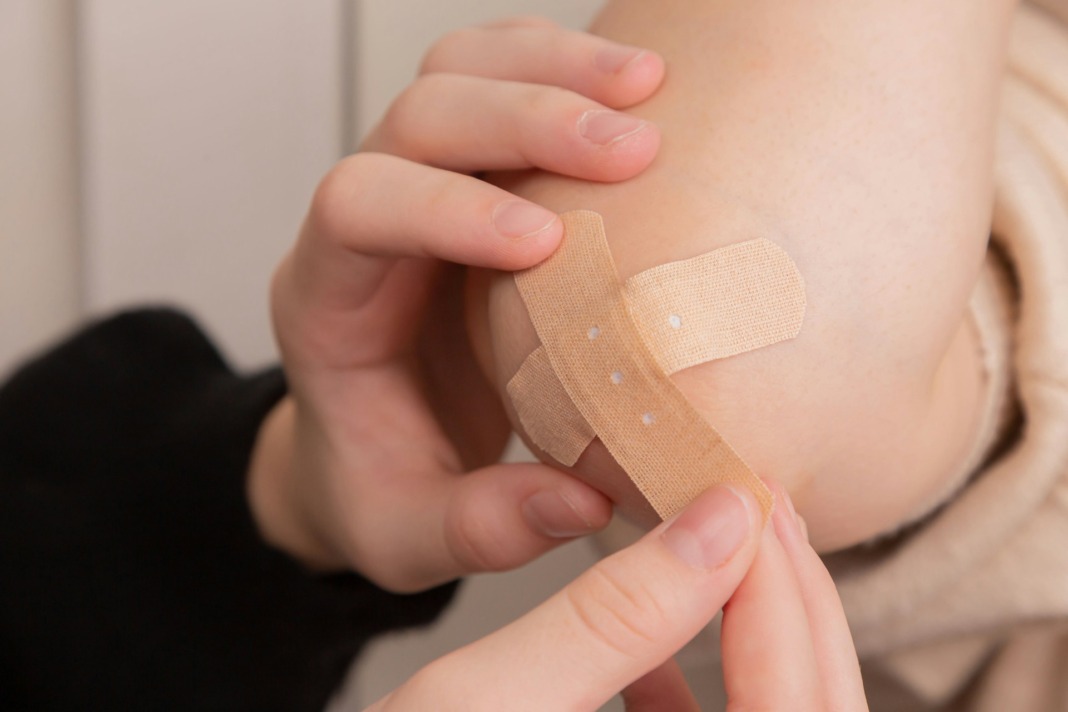When an emergency strikes, knowing how to manage a wound can be crucial in preventing infections, complications, and in some cases, saving a life. This comprehensive guide outlines the steps to take for effective wound care in emergencies.
Assessing the Situation
Before jumping into action, assess the safety of the environment for both you and the injured person. Ensure there’s no immediate danger before proceeding with wound care.
Types of Wounds
Understanding the type of wound you’re dealing with is essential for providing appropriate care:
- Cuts and Lacerations: Injuries that result in skin being sliced or torn.
- Abrasions: Surface wounds caused by friction.
- Punctures: Caused by objects piercing the skin, potentially deep.
- Burns: Skin damage resulting from heat, chemicals, electricity, or radiation.
Initial Steps for All Wound Types
- Stay Calm: Keeping a calm demeanour helps reassure the injured person.
- Wear Protective Gloves: If available, wear gloves to protect both you and the wounded individual.
- Stop the Bleeding: Apply gentle pressure with a clean cloth or bandage. For severe bleeding, continue pressure until medical help arrives.
- Clean the Wound: Gently clean around the wound with mild soap and water, avoiding getting soap in the wound as it can irritate. For punctures, minimal cleaning is advised initially to prevent pushing bacteria deeper.
- Protect the Wound: Cover with a sterile bandage or clean cloth.
- Handling Specific Wound Types
- Deep Cuts and Lacerations: If the wound is deep or bleeding profusely, seek medical attention immediately after applying initial pressure.
- Abrasions: Gently clean to remove debris. Apply a thin layer of antibiotic ointment if available, and cover.
- Punctures: Due to the risk of infection, especially from animal bites or rusty objects, seek medical evaluation after initial care.
- Burns: Cool the burn under running water for at least 10 minutes. Do not apply ice. Cover loosely with a sterile cloth or bandage.
When to Seek Medical Help
Immediate medical attention is required if:
- The bleeding does not stop after 10-15 minutes of pressure.
- The wound is deep, especially if muscles, tendons, or bones are visible.
- There are signs of infection, such as redness, swelling, warmth, or pus.
- The wound is caused by an animal bite or a rusty object.
- The injured person has not had a tetanus shot in the last 5 years.
Preventing Infection
Infection prevention is paramount in wound care:
- Clean Hands: Always wash your hands before and after providing wound care.
- Use Sterile Materials: Whenever possible, use sterile bandages or dressings.
- Observe for Signs of Infection: Monitor the wound for changes that could indicate an infection.
Pain Management
Pain from a wound can be significant. Over-the-counter pain relievers like acetaminophen or ibuprofen can help, but ensure they are safe for the injured person to take.
The Role of Tetanus Shots
Tetanus is a concern with puncture wounds and deep cuts. If the injured person hasn’t had a tetanus shot within the last 5 years, or if their vaccination status is unknown, they should see a healthcare provider.
Follow-Up Care
Changing dressings regularly and checking for signs of healing or infection is crucial. If the wound does not improve or worsens, consult a healthcare professional.
Effective emergency wound care can significantly impact the healing process and prevent complications. By understanding the basic principles outlined in this guide, you can provide first aid confidently and competently in urgent situations. Remember, when in doubt, seeking professional medical advice is always the best course of action.



